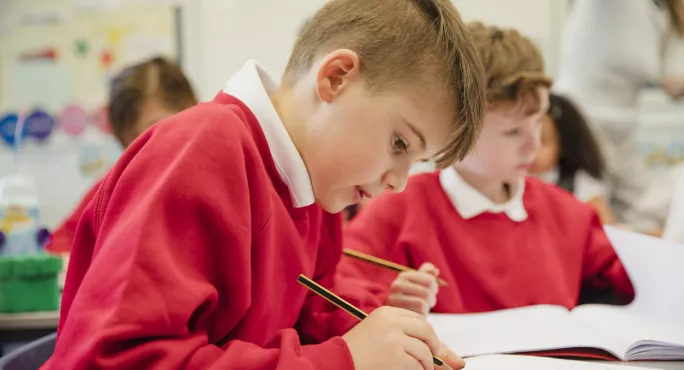Less than half of schools that have so far signed up for the government’s flagship tutoring scheme have a greater than average proportion of disadvantaged children on roll, new figures reveal.
A policy paper published by the Department for Education today also shows that the National Tutoring Programme (NTP) was still yet to hit its target for the overall number of pupils reached in 2020-21 with only a few weeks of term to go.
A total of 240,200 pupils were enrolled by the start of this month - nearly 10,000 short of the scheme’s 250,000 goal for the academic year.
Watchdog: Only 44% of catch-up tutoring helps poorest pupils
Exclusive: Catch-up tutors snubbed by schools in North
Revealed: What new £25m DfE tutor plan will deliver
The DfE data shows that as of 2 July, approved providers - known as tuition partners - were working in more than 5,700 schools, 46 per cent of which had a greater than average proportion of children receiving the pupil premium.
The NTP website states that the scheme was “designed specifically to support disadvantaged pupils in England, defined by pupil premium eligibility”.
However, schools were given “discretion to identify the pupils most likely to benefit from support”, it says.
Today’s paper states: “Since the NTP was launched in November 2020, 240,200 pupils have been enrolled for tuition this academic year.
“As of the 2 July 2021, tuition partners are working with over 5,700 schools. 46 per cent of schools on the programme have a greater than average percentage of pupils receiving pupil premium funding.
“Almost 27,000 tutors have been recruited by tuition partners which exceeds the end of year target and means supply is well developed across all regions.
“We have also placed over 1,000 academic mentors in almost 950 schools. 83 per cent of placements have been in schools with a greater than average proportion of pupils in receipt of pupil premium. As of the 18 May 2021, academic mentors have supported over 62,000 pupils.”
Earlier this year, the National Audit Office (NAO) warned that the NTP may not be reaching the country’s most disadvantaged children - as fewer than half of the pupils who had started to receive tuition by February were from low-income families eligible for pupil premium funding.
Becky Francis, chief executive of the Education Endowment Foundation, the charity commissioned by the DfE to roll out the NTP, later said it had been a “challenge” to scale up the programme and ensure “supply” reached the pupils who needed it.





